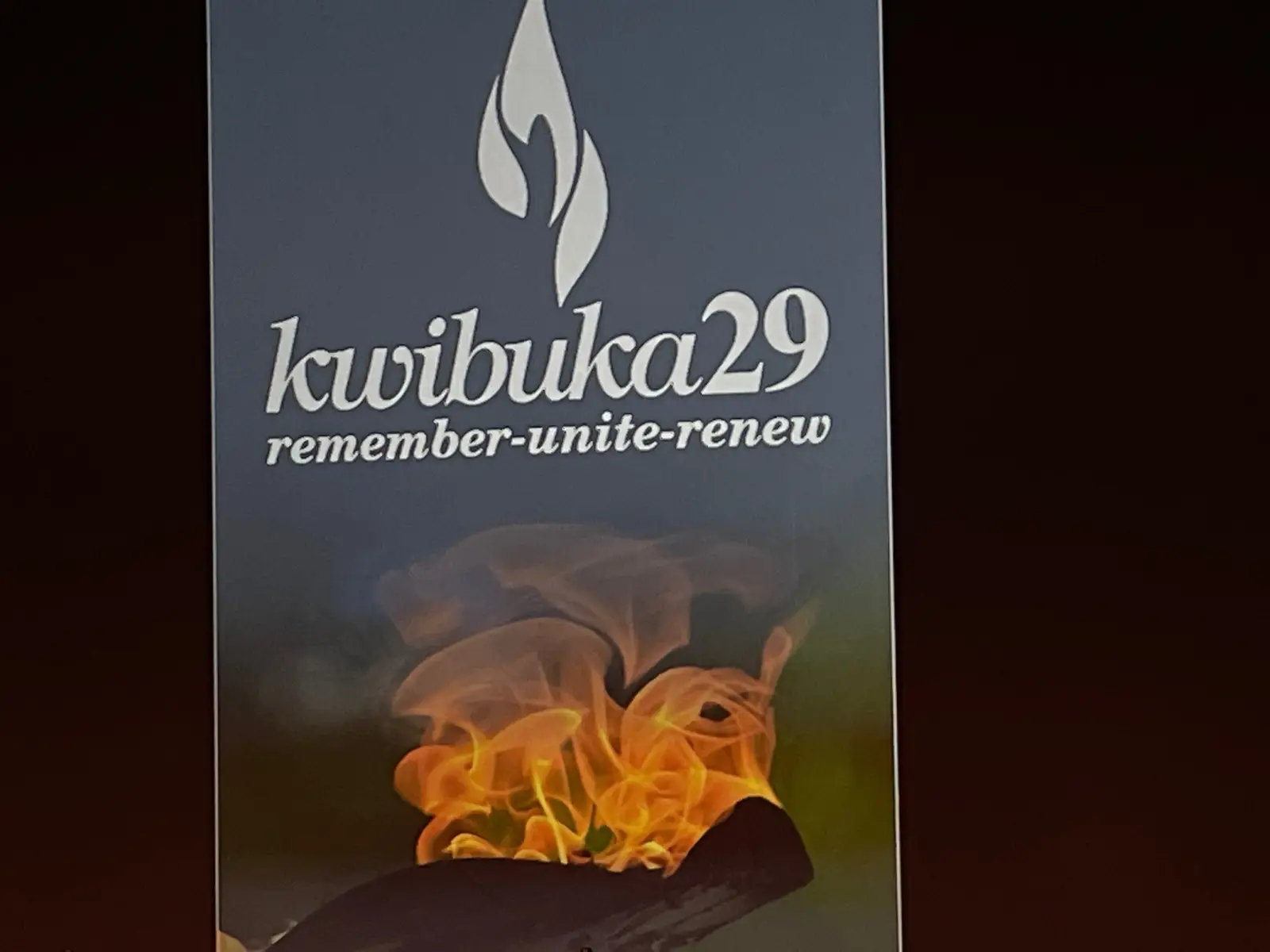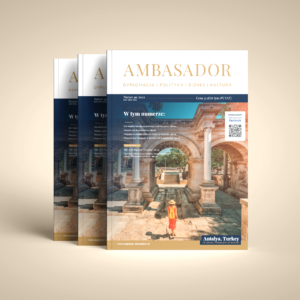On the 29th anniversary of the Rwandan genocide, a ceremony commemorating the victims of the massacre 29 years ago was held on 8 May at the POLIN Museum of the History of Polish Jews. The Rwandan genocide, along with Srebrenica and the massacre in Cambodia, is considered the greatest crime in the post-war history of the world.
The Rwandan genocide is a huge blemish on the conscience of the entire world. In the course of 100 days from April to July 1994, the Hutu tribe militia bestially slaughtered up to one million men, women and children of the Tutsi tribe. The tools of the crime were mainly machetes. The West knew about the planned extermination. This was happening in front of the eyes of UN peacekeepers. In Rwanda, the murderers and the murdered were often friends. The genocide sometimes took place within the same family, explained Professor Anastase Shyaka, Rwandan ambassador to Poland, during his speech.
In order to commemorate the victims of the tragic genocide of 29 years ago, the guests attending the ceremony lit candles in honour of the victims. A large group of young Rwandans currently studying in Poland were also invited to the ceremony commemorating the Rwandan genocide.
In Rwanda, we commemorate the victims of those events every year. Such commemorations take place in my country every year. We must remember what happened in 1994. We unite around this remembrance. This genocide is part of us and will always be in us – said a Rwandan student attending the Kwibuka 29 event at the Polin museum after the ceremony.
Rwanda: historical overview
The Rwandan genocide – a massacre of Tutsi people – was carried out by Hutu extremists in Rwanda in about 100 days, from 6 April to July 1994, with an estimated 800,000 to 1,071,000 victims. Tutsis and Hutus lived side by side for centuries. For generations, the Hutus were treated as serfs by the Hutus. When they came to power, they began to retaliate. Full-scale violence began after a plane crash with the Rwandan president on board. The crash became the ignition spark and gave rise to war. What followed was a mass murder of the innocent Tutsi population.
At the root of the incident was an atrocity that had been cultivated over several decades, beginning in colonial times. The Rwandans, who are in fact one of the most homogeneous societies, were divided into three groups. Through the hatred of the Tutsis, the 1994 genocide took place, explained H.E. Ambassador Shyaka in his speech.
Rwanda breaks with tragic past
Situated in central and eastern Africa, with a population of 13 million, Rwanda is today regarded as one of the most rapidly developing countries in Africa. The upland country, also known as the Tibet of Africa, has set its sights on development. One of the key sectors of the economy that is expected to provide it with dynamic growth is tourism. The country has for a long time been leading an extensive promotional campaign visitRwanda. Rwanda is visited annually by …………tourists from Europe and around the world.
A financial centre is currently being built in the capital, Kigali, to attract investors from all over the world wishing to invest in high-tech in Africa. Rwanda itself, meanwhile, wants to become a high-income country by 2050. However, this is a very difficult task, as Rwanda is one of the poorest countries in the world. However, many of the initiatives taken show that the country is moving in the right direction by investing in pro-development projects and liberalising the economy, among other things.
The basis for Rwanda’s development is reconciliation, difficult but possible, guided by the principle – crimes can be forgiven but not forgotten! Today, 29 years after the genocidal crime, walking through the streets of Rwanda, one does not see a tragic history. One sees a country in which there is much strength and hope. You can see a country that is rapidly developing in Africa. We want to take part in the development of the world and creating socio-political initiatives in our region, said Rwanda’s ambassador to Poland Prof. Anastase Shyaka.



Sledź nas na: